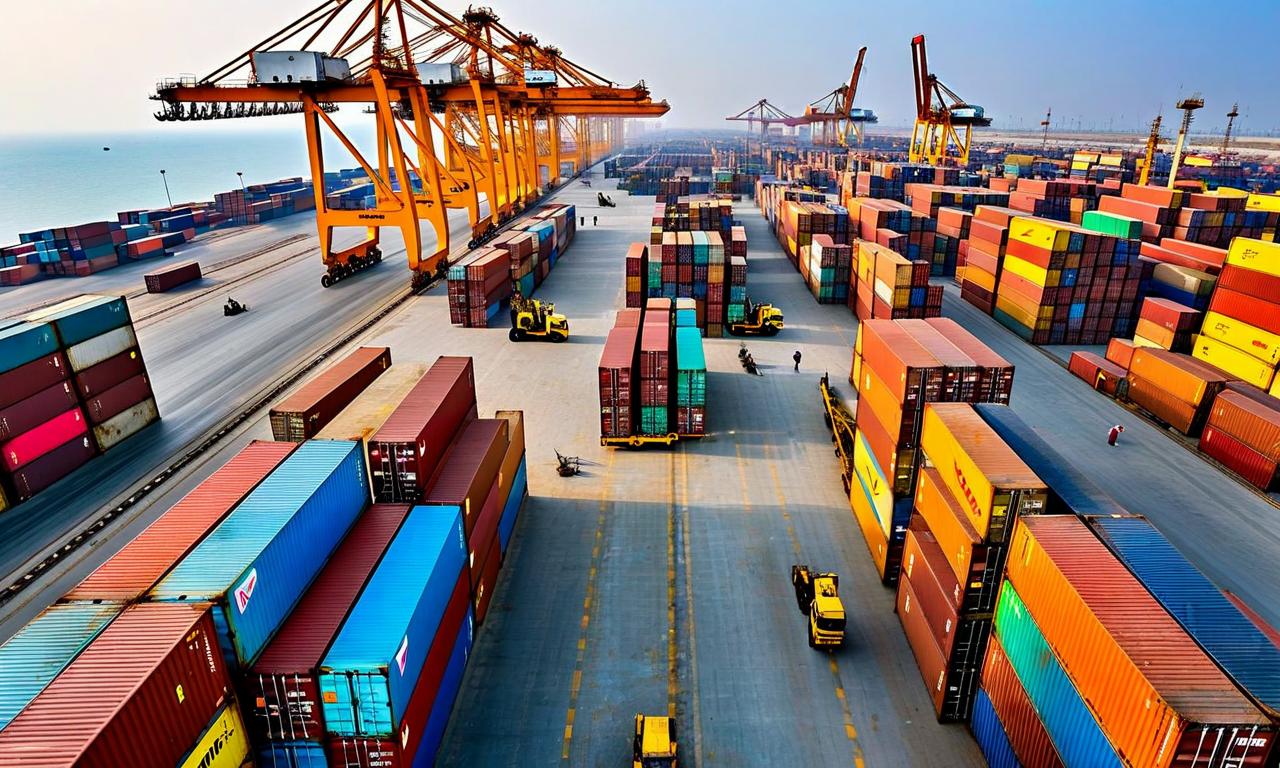GST Council's 18% Tax on Food Delivery Platforms May Reshape Industry Dynamics
The GST Council has imposed an 18% GST on delivery fees collected by online food delivery platforms like Zomato and Swiggy for their gig workers. This could result in an annual GST outgo of up to Rs 400 crore for these companies combined. Restaurants offering delivery through their own platforms will continue to pay only 5% GST. To mitigate the impact, platforms are considering reducing payouts to delivery workers or passing costs to consumers. This decision affects a large gig workforce and may influence consumer behavior, potentially favoring direct restaurant ordering.

*this image is generated using AI for illustrative purposes only.
In a significant move that could reshape the food delivery landscape in India, the GST Council has mandated an 18% Goods and Services Tax (GST) on delivery fees collected by online marketplaces such as Zomato and Swiggy on behalf of their gig workers. This decision is expected to have far-reaching implications for the industry, consumers, and delivery partners alike.
Key Points of the GST Council's Decision
- Online food delivery platforms must now pay 18% GST on delivery fees collected for gig workers.
- The annual GST outgo for Zomato and Swiggy combined is estimated to reach up to Rs 400 crore.
- Restaurants offering delivery through their own platforms will continue to pay only 5% GST on restaurant services.
Impact on Industry Players
The new tax structure creates a clear distinction between third-party delivery platforms and restaurants with their own delivery services:
| Platform Type | GST Rate |
|---|---|
| Zomato, Swiggy | 18% |
| McDonald's McDelivery, Domino's Pizza websites | 5% |
This disparity in tax rates is expected to influence consumer behavior, potentially driving more customers towards direct restaurant ordering to avoid higher charges.
Strategies to Absorb Tax Impact
Both Zomato and Swiggy are exploring ways to mitigate the financial impact of this new tax obligation:
- Reducing Payouts: The primary strategy under consideration is to reduce payouts to delivery workers.
- Passing Costs to Consumers: Some of the additional costs may be transferred to consumers, although this approach risks affecting order volumes.
Scale of Operations
The decision affects a substantial workforce in the gig economy:
- Zomato operates with 3.5 lakh delivery partners
- Swiggy has over 5.2 lakh partners
Financial Implications
According to analyst Shobit Singhal, the GST liability could result in:
- Up to Rs 200 crore annual impact on each platform
- Potential effects on daily order volumes if costs are passed on to consumers
Industry Outlook
The food delivery sector is at a crossroads, facing challenges that could reshape its operational model:
- Shift in Consumer Behavior: The price difference may encourage consumers to order directly from restaurants, bypassing aggregator platforms.
- Competitive Advantage for Restaurant-Owned Delivery: Establishments with their own delivery services may gain an edge due to lower tax rates.
- Pressure on Gig Worker Earnings: The potential reduction in payouts to absorb tax impacts could affect the earnings of delivery partners.
As the industry adapts to these new tax regulations, it remains to be seen how food delivery platforms will balance their operational costs, worker compensation, and customer pricing strategies. The coming months will likely reveal the true impact of this decision on the competitive landscape of food delivery services in India.
























